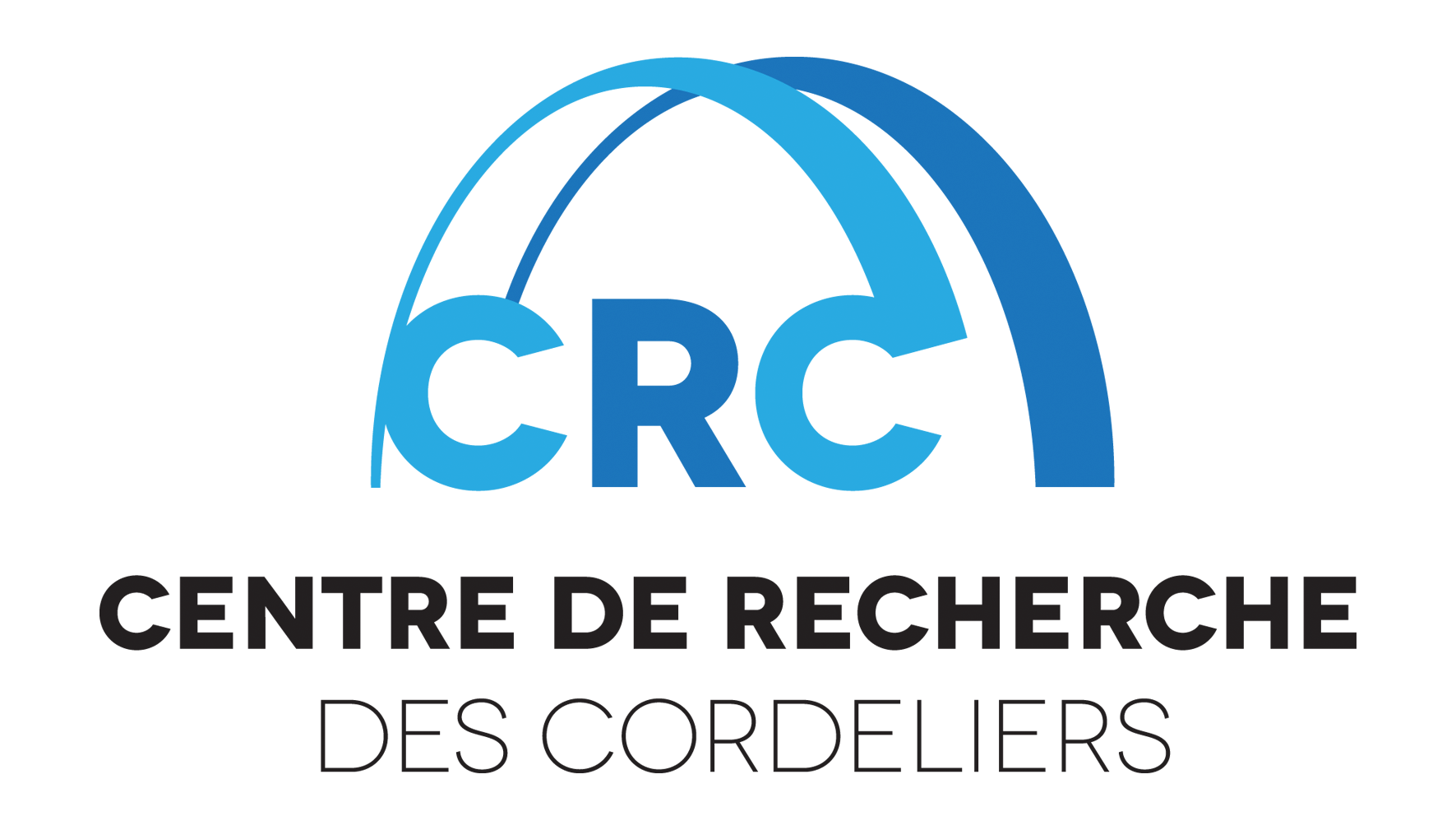15/07/2024
The CRC will benefit from a Junior Professorship at Sorbonne University.
The CRC, a nationally and internationally recognized multidisciplinary center of excellence headed by Professor Jessica Zucman-Rossi, comprises 16 teams and 4 high-level technology platforms (www.crcordeliers.fr) developing research projects in oncology, immunology, bioinformatics and pathophysiology. Scientific projects are part of a continuum between fundamental, translational and clinical research.
The CRC is seeking a junior professor to strengthen the multidisciplinary and innovative aspects of the excellent cancer research currently being developed.
The CRC will provide the successful candidate with suitable laboratory and office space. The research group will benefit from access to CRC scientific platforms (cytometry, conventional and spatial imaging, metabolism, bioinformatics, digital PCR, animal facility, biobank, etc.) and shared services. The group will benefit from financial support from CRC and mentoring from a CRC team, in particular for assistance with funding applications, recruitment and career management, teaching and student supervision.
Deadline for application: September 9, 2024
Summary of scientific project:
Understanding the biological mechanisms leading to inter-patient and intra-tumor heterogeneity must take into account the individual as a whole, with his or her genetic background (host factors)
and environmental exposures (exposome) throughout life (carcinogens, diet, viral infections viral infections, radiation, etc….).
The CPJ at CRC will be developing several complementary avenues to decipher the underlying mechanisms:
- Study the interaction between lifelong exposure to toxic substances, whose effects are modulated by genetic polymorphisms and individual immunological context. To achieve this, CRC projects benefit from large cohorts of cancer patients (digestive tract and ENT, lungs, kidneys, etc.) for combined studies of clinical, genetic and exposure variables. The stages of carcinogenesis are particularly important for understanding the early mechanisms of malignant transformation, and ultimately improve prevention and early detection.
- Cellular-scale study of interactions between tumor cells and those in the microenvironment close to the tumor. With the development of immunotherapy, for which CRC teams helped discover the concepts, the study of the anti-tumor immune response and how to modulate this response is essential to understanding the mechanisms of sensitivity/resistance mechanisms, to ultimately improve these immunomodulatory treatments by taking into account the different molecular subtypes of cancers.
- Integration of all cancer patient data, from a variety of sources – clinical, historical, biological, molecular, genomic, genetic and phenotypic (ultra-multiplex imaging, spatial transcriptomics, etc.) to identify and model new evolutionary patterns and identify new therapeutic targets.

